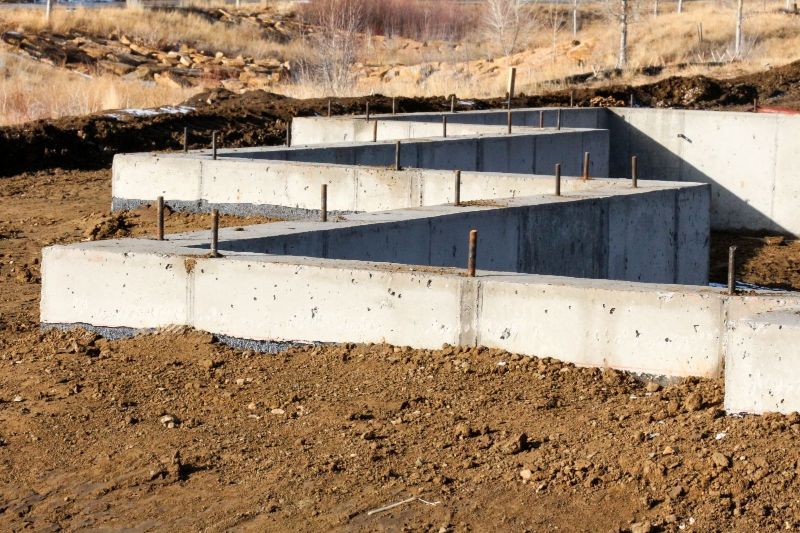Your home’s foundation is its backbone, providing the necessary support for the entire structure. As the temperature drops during the winter months, the foundation can be put to the test. Cold weather can cause a variety of issues for your foundation, including cracking, shifting, and settling. In this article, we will explore how cold weather affects your foundation and what steps you can take to prevent damage.
Freezing and Thawing
One of the main ways that cold weather affects your foundation is through freezing and thawing. When the ground freezes, it can cause the soil to expand, putting pressure on the foundation walls. As the soil thaws, it contracts, which can cause the foundation to shift or settle. This process can repeat itself multiple times during the winter months, causing stress on your foundation.
Water Damage
Another way that cold weather can affect your foundation is through water damage. Snow and ice can build up around your foundation, which can lead to water infiltration. As the water freezes and expands, it can cause cracks and other types of damage to your foundation. Additionally, if the snow and ice melt quickly, it can lead to water pooling around your foundation, which can cause further damage.
Solutions to Protect Your Foundation
Fortunately, there are steps you can take to protect your foundation during the cold winter months. Here are some solutions to consider:
- Ensure Proper Drainage
One of the most important things you can do to protect your foundation during the winter is to ensure proper drainage. Make sure your gutters and downspouts are clear of debris and are directing water away from your foundation. Additionally, ensure that your yard slopes away from your foundation, so water is not pooling around it.
- Install Insulation
Insulating your foundation can help prevent damage from freezing and thawing. By keeping the foundation warm, you can reduce the likelihood of soil expansion and contraction. Consider adding insulation to your crawl space or basement walls to help protect your foundation.
- Seal Cracks and Gaps
If you notice any cracks or gaps in your foundation, it is important to seal them. This will help prevent water infiltration, which can lead to further damage. Use a high-quality sealant to fill any cracks or gaps in your foundation.
- Schedule an Inspection
Regular inspections can help you identify any potential issues with your foundation before they become major problems. Consider scheduling an inspection with a professional to ensure your foundation is in good condition.
The cold winter months can be tough on your foundation. Freezing and thawing can cause the soil to shift, and water infiltration can lead to damage. However, with the proper precautions, you can protect your foundation and ensure that it remains strong and stable. By ensuring proper drainage, installing insulation, sealing cracks and gaps, and scheduling regular inspections, you can help prevent damage to your foundation and keep your home safe and secure.
